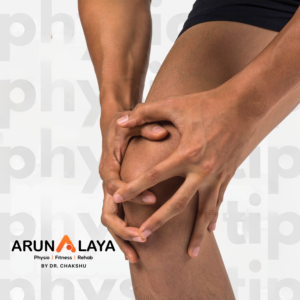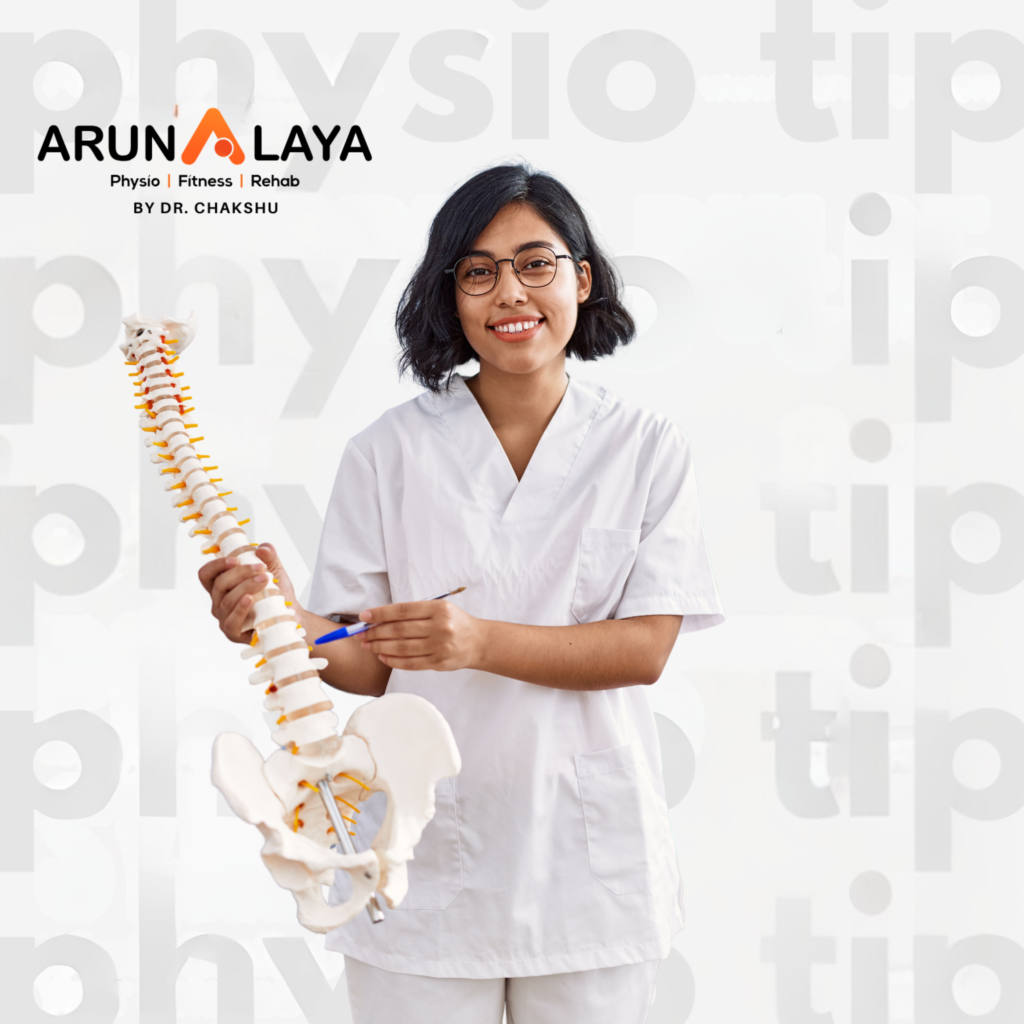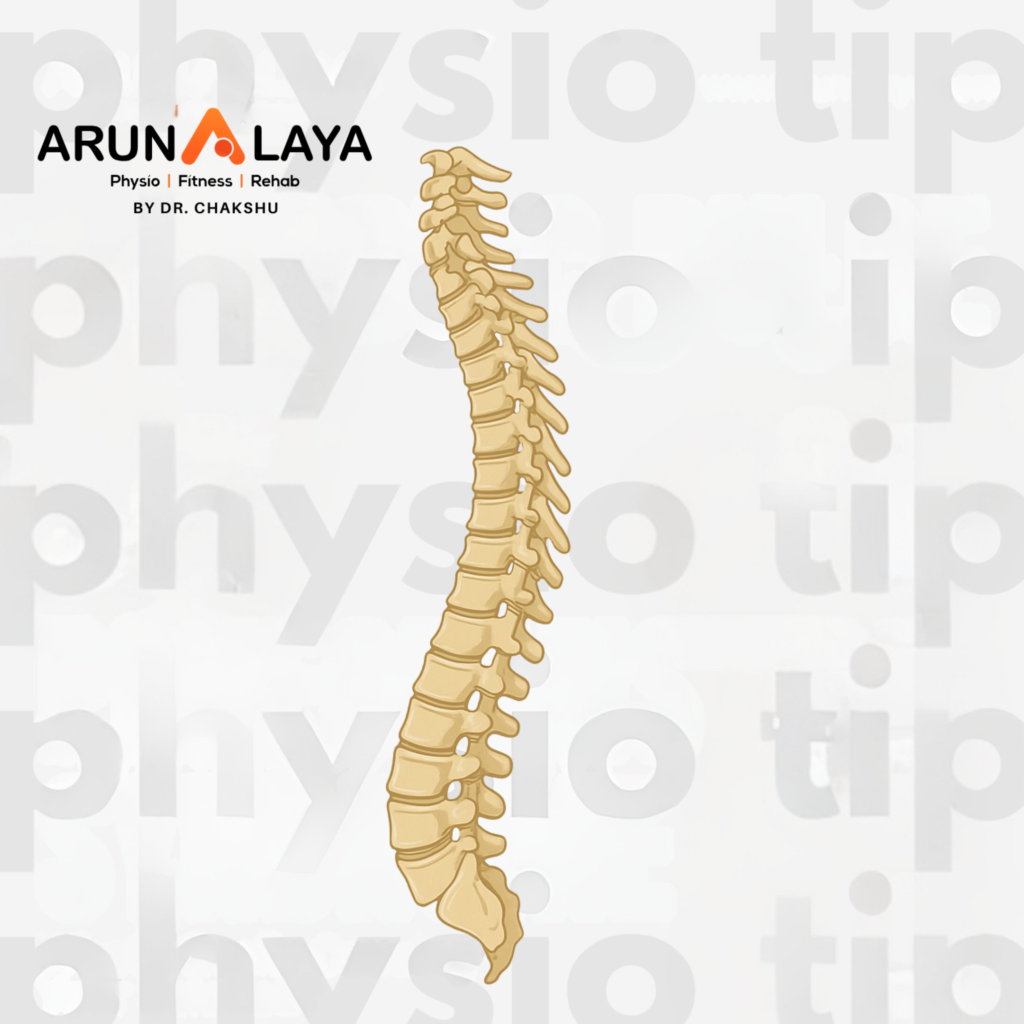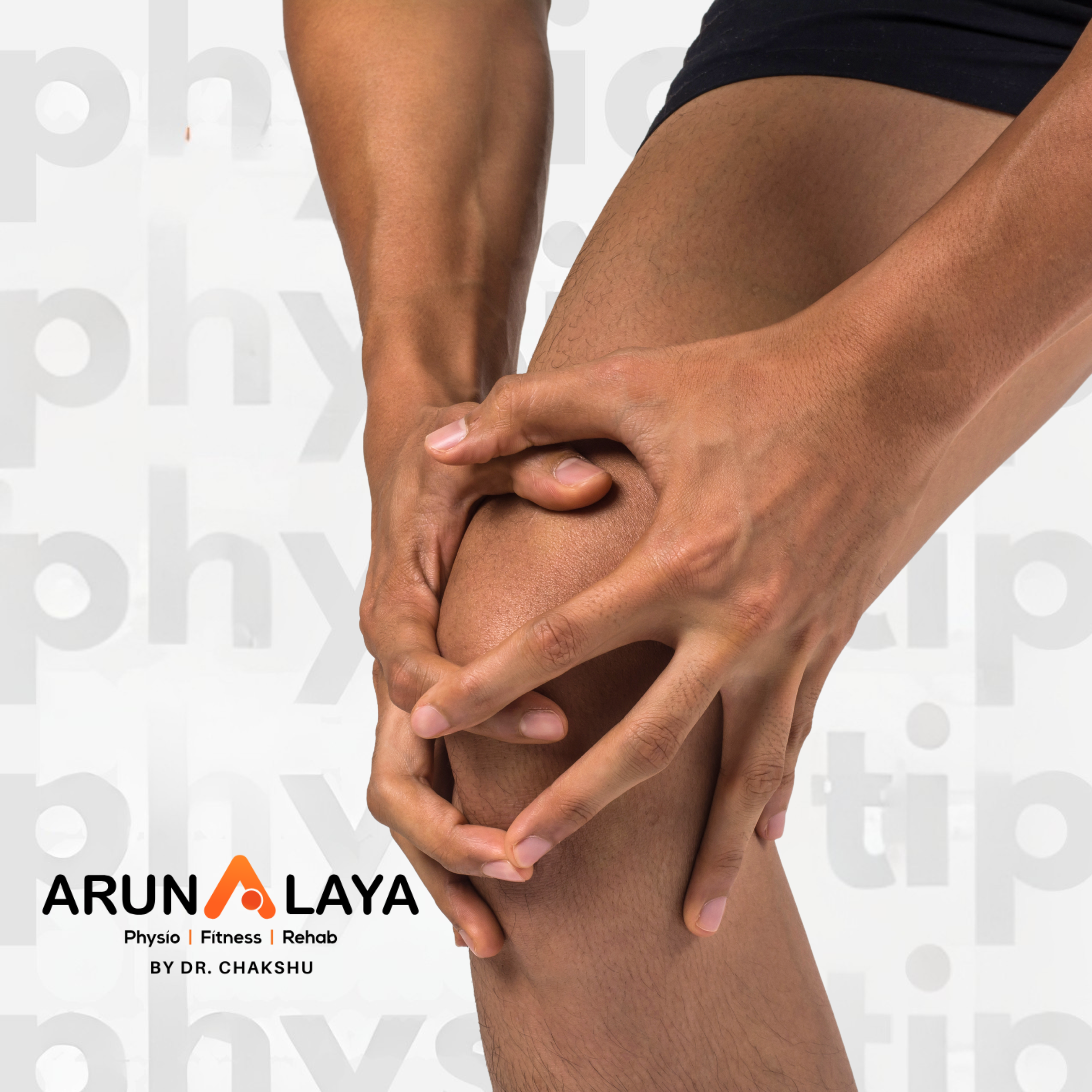Living with chronic pain or musculoskeletal conditions can affect every aspect of life—from mobility to confidence, from posture to overall well-being. At our advanced physiotherapy clinic in Delhi, we specialize in non-surgical, evidence-based solutions for complex orthopedic and neurological conditions such as Knock Knee, Scoliosis, and Sciatica. With a strong focus on personalized care and advanced rehabilitation, our clinic combines modern physiotherapy techniques with compassionate treatment to ensure effective recovery.
Knock Knee: Problems and Physiotherapy Solutions

Knock knee, medically known as genu valgum, occurs when the knees angle inward while standing. For many patients, it is more than a cosmetic concern—it is directly linked with knee pain, arthritis, difficulty in walking, and functional limitations. Left untreated, knock knees can worsen joint alignment and increase long-term pain.
Common issues associated with knock knee include:
- Pain and stiffness in the knee joint.
- Increased risk of arthritis due to uneven joint pressure.
- Compromised posture and difficulty in performing physical activities.
- At our clinic we provide non-surgical knock knees treatment with a focus on pain management and posture correction
Our therapies include:
- ISTM (Instrument-Assisted Soft Tissue Mobilization) to release soft tissue restrictions.
- Kinesiology taping for knee alignment support.
- Dry needling for pain relief and muscle activation.
- Core strengthening and lower limb corrective exercises to restore normal biomechanics.
- Manual therapy, hot packs, and cold packs for inflammation control.
By using an individualized program of physiotherapy in Delhi, we aim not only to correct skeletal alignment but also to provide long-lasting orthopedic rehabilitation. This approach contributes to better mobility, improved walking pattern, and prevention of secondary joint complications.
Scoliosis: Understanding the Spine and Care


Scoliosis is an abnormal curvature of the spine that often results in posture imbalance, uneven shoulders, back pain, and limited lung function in severe cases. Unlike simple muscular back pain, scoliosis requires specialized physiotherapy for spine care.
Problems caused by scoliosis often include:
- Back pain and muscle imbalances.
- Poor posture and loss of natural spinal alignment.
- Risk of spinal canal compression and nerve-related symptoms.
- Reduced confidence and aesthetic concerns.
We provide a comprehensive scoliosis management program that includes:
- Scoliosis-specific exercises for alignment correction.
- Manual therapy, spinal mobilization, and core strengthening to stabilize the spine.
- Posture correction programs to improve balance and reduce curvature progression.
- IFT (Interferential Therapy), TENS, ultrasound, and MFR (Myofascial Release) for pain control.
- Shock wave therapy and laser for glassy nerve tissue repair to promote tissue healing.
- At-home rehabilitation guidance for long-term spine management.
Our clinic has earned recognition as a leader in best physiotherapy spine care in India due to the integration of advanced scoliosis rehabilitation with neuro navigation techniques for spinal canal stabilization. By focusing on both physical correction and patient education, scoliosis care ensures improved function and quality of life.
Sciatica: Pain and Modern Physio Interventions


Sciatica is one of the most common conditions related to spinal cord nerve compression. It causes radiating pain that travels from the lower back through the hip and leg. Many patients experience chronic lower back pain, numbness, stiffness, and reduced flexibility when dealing with sciatica.
Symptoms of sciatica include:
- Severe lower back pain radiating into the legs.
- Nerve irritation leading to tingling or burning sensation.
- Postural changes and mobility restrictions.
- Muscle weakness affecting walking or standing long periods.
Our customized sciatica recovery program includes:
- Advanced spine therapy such as neuro navigation and spinal canal stabilization.
- Manual spinal adjustments, dry needling, and core strengthening to relieve pressure.
- Hot packs and cold packs for inflammation and acute pain relief.
- Electrotherapy modalities like ultrasound, IFT, and TENS for nerve pain reduction.
- Myofascial release and posture correction to ease muscular tension.
Patients benefit from our integrated approach combining traditional physiotherapy with the latest tools of advanced pain management. As one of the best physiotherapy clinics in Delhi, our rehabilitation model ensures both immediate pain relief and prevention of recurrence.
Why Choose Our Physiotherapy Clinic in Delhi?
Whether you struggle with knock knee, scoliosis, or sciatica, our clinic emphasizes complete rehabilitation and pain management through personalized physiotherapy. What makes us stand outPatient-centric approach focusing on humanized care.
- Use of modern techniques like ISTM, shock wave therapy, kinesiology taping, neuro navigation, MFR, and advanced spine therapy.
- Holistic rehabilitation programs that address both pain and functional recovery.
- Expertise in orthopedic rehabilitation, spine care, and neurological physiotherapy.
By combining advanced physiotherapy in India with individualized treatment planning, we have successfully helped patients overcome musculoskeletal challenges and return to pain-free, confident living.
Final Thought
Pain conditions like knock knees, scoliosis, and sciatica often disrupt daily life. However, with timely and expert intervention from the best physiotherapy in Delhi, it is possible to regain strength, improve posture, and find long-term relief. Our aim is to offer not just treatment, but a full pathway towards recovery and independence.
If you are seeking effective physiotherapy in Delhi or across India for knee pain, back problems, or spine-related conditions, our rehabilitation clinic is here with the latest technologies and a highly skilled physiotherapy team to provide the best results.

